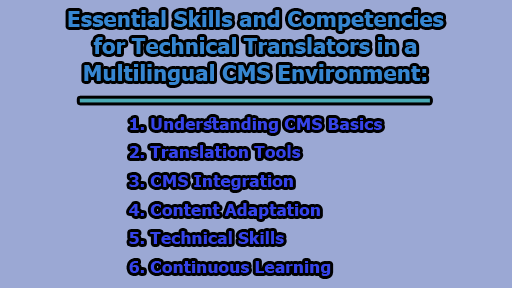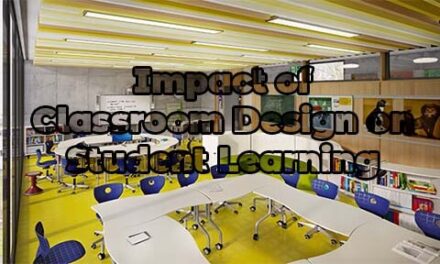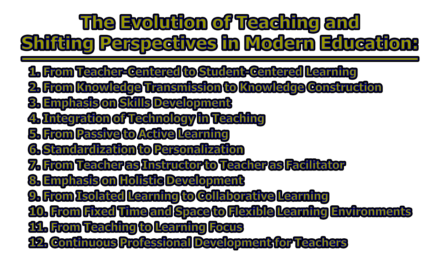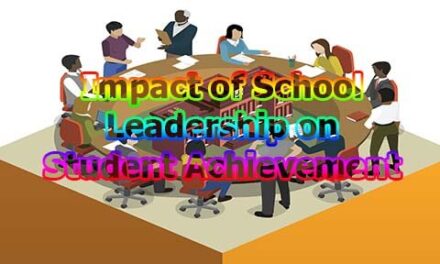Essential Skills and Competencies for Technical Translators in a Multilingual CMS Environment:
Technical translation is a highly specialized field that demands more than just linguistic and cultural proficiency. In a multilingual Content Management System (CMS) environment, where content is created and distributed across various languages and formats, technical translators face unique challenges. To excel in this dynamic landscape, translators require a unique set of skills and competencies. In this article, we’ll delve into the essential skills and competencies for technical translators in a multilingual CMS environment and explore how these abilities can enhance their performance and productivity.

1. Understanding CMS Basics: A CMS, or Content Management System, is the backbone of content creation, editing, management, and publishing for websites or platforms. A multilingual CMS supports content in multiple languages, either through user language selection or automatic translation based on preferences or location. While multilingual CMSs offer numerous advantages such as wider audience reach and improved user experience, they also present challenges for technical translators. Maintaining consistency, quality, and accuracy across languages and formats is paramount.
2. Translation Tools: In a multilingual CMS environment, technical translators need to be proficient in using various translation tools, including Translation Memory (TM), Terminology Management (TM), Computer-Assisted Translation (CAT), and Machine Translation (MT). These tools streamline the translation process, saving time, reducing errors, and ensuring consistency.
However, translators must also understand the limitations and risks of these tools, including data security, quality control, and ethical considerations. It’s crucial for them to evaluate the suitability and reliability of these tools for different content types and contexts and apply them judiciously.
3. CMS Integration: Effective integration of translation tools and workflows with the CMS platform is essential for technical translators. This entails familiarity with CMS features and functions, including content types, templates, metadata, tags, categories, and workflows. Translators must also be capable of accessing, importing, exporting, and updating content within the CMS, ensuring it aligns with CMS standards and specifications. Collaboration with other CMS users, such as content creators, editors, managers, and developers, is equally important.
4. Content Adaptation: Adapting content to the target audience, culture, and context is a fundamental skill for technical translators. This requires a deep understanding of the content’s purpose, function, tone, and user expectations. Translators must also be sensitive to cultural and linguistic differences and nuances between source and target languages and consider how they may impact content meaning, style, and format.
Applying principles and techniques of localization, transcreation, and accessibility can make content more relevant, engaging, and user-friendly in the multilingual CMS environment.
5. Technical Skills: Technical translators should possess a basic understanding of HTML, CSS, XML, and JavaScript. These technical skills enable them to handle code and markup elements within the content accurately and consistently. Additionally, these skills aid in troubleshooting and resolving issues that may arise during or after the translation process, such as broken links, formatting problems, or compatibility issues. Technical skills also contribute to optimizing content for search engines, social media, and mobile devices.
6. Continuous Learning: To stay competitive in a rapidly evolving field, technical translators in a multilingual CMS environment must be committed to continuous learning and improvement. They should keep up with the latest trends and developments in technical translation, multilingual CMS, and related technologies. Seeking feedback and evaluations from clients, colleagues, and users can provide valuable insights for enhancing skills and competencies.
Furthermore, taking advantage of available resources and opportunities for professional development, such as courses, webinars, blogs, podcasts, networks, and associations, is essential to staying current in this dynamic field.
In conclusion, technical translation in a multilingual CMS environment is a demanding and rewarding profession. Success in this field requires a combination of linguistic skills, technical proficiency, and cultural sensitivity. Technical translators who master these essential skills and competencies can navigate the complexities of the multilingual CMS environment effectively, ensuring the delivery of accurate, consistent, and culturally appropriate content to a global audience. Continuous learning and adaptation to industry advancements are key to thriving in this dynamic field.

Library Lecturer at Nurul Amin Degree College









